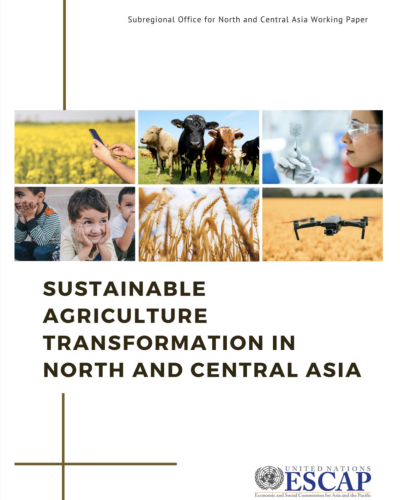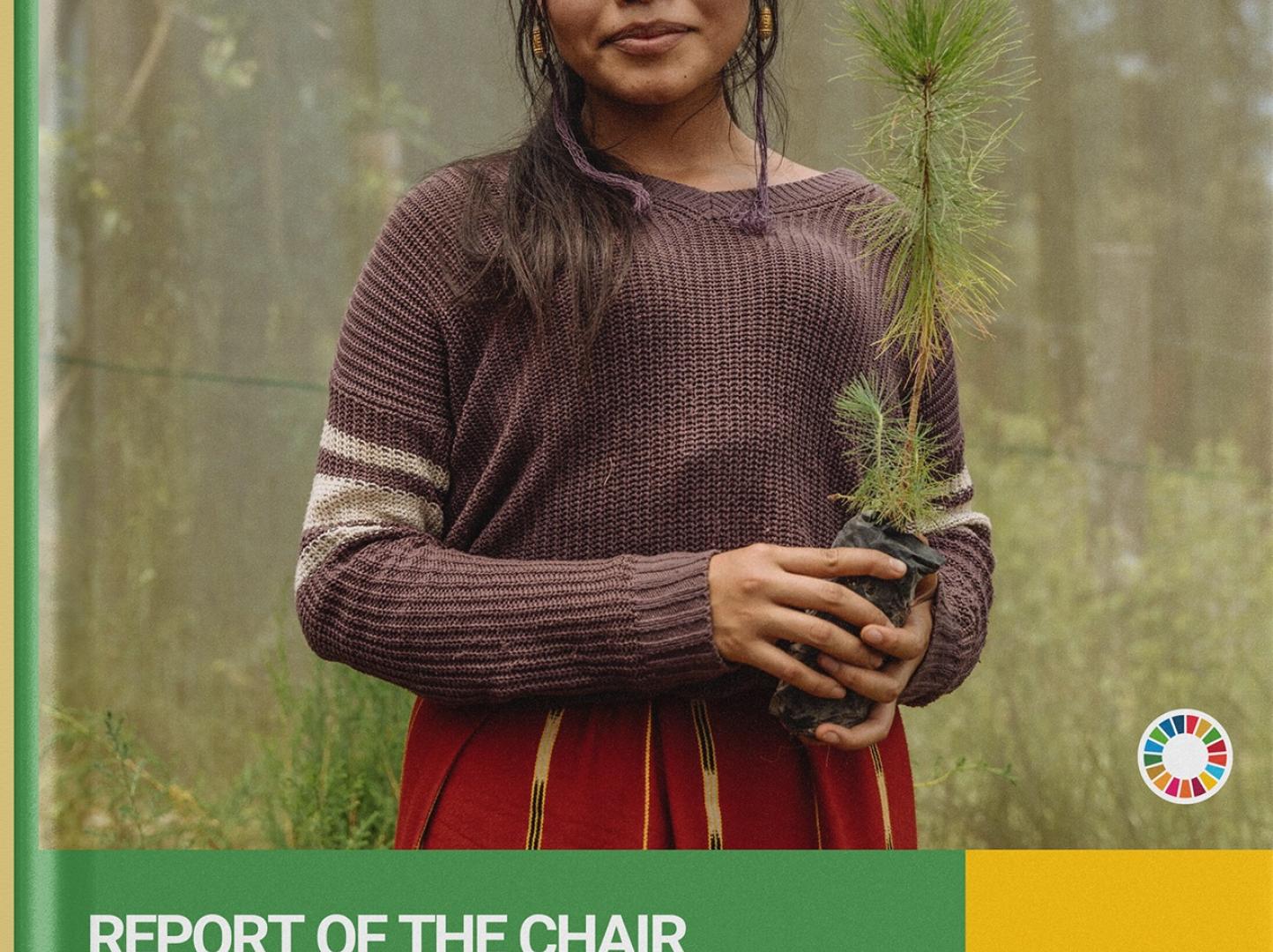Sustainable agriculture transformation in North and Central Asia

The paper examines the impact of sectoral transformation in agriculture on sustainable development in North and Central Asia. It discusses trends and developments of agriculture and structural transformation, as well as its effects on sustainable development in the subregion. Since the breakdown of Soviet-Union, the subregion underwent economic and political transformation and recorded positive growth after eight years. In the course of transition, all countries in the subregion experienced constantly declining shares of agriculture in gross domestic product. However, the agriculture sector still employs a large share of the population, especially in rural areas. Potential gains from intrasectoral transformation in agriculture should not be underestimated. Increasing sectoral productivity, and hence profitability, bears the prospective to lift millions of people out of poverty while optimizing resource efficiency.
Analysing the linkages between agriculture transformation and the selected indicators of the Sustainable Development Goals empirically by a two stage fixed effects – instrumental variable estimation, it shows that product diversification and agriculture openness positively impact sectoral productivity. While technological growth exhibits a negative impact due to diminishing marginal returns, it is important to note that technology is a key driver for economic transformation. Water productivity remains insignificant because it stayed stagnant and unproductive throughout the transition period. Agriculture transformation consequently exhibits varying degrees of impact on the three pillars of sustainable development, with especially strong significance in reducing greenhouse gasses emissions. It also contributes to reduced prevalence of undernourishment and indirectly affects youth unemployment rates.
Sustainable agriculture transformation needs to be mainstreamed across the subregion. This can be facilitated by customization of national sustainable agriculture transformation plans, reassessment of current agriculture subsidies structure to target more efficient production inputs, leveraging private sector investment for agriculture modernisation, promote agricultural water use efficiency to combat water stress and strengthen regional cooperation to ensure supply chain resilience. These efforts to support the agriculture sector will in turn contribute to achievement of the 2030 Agenda for Sustainable Development.





